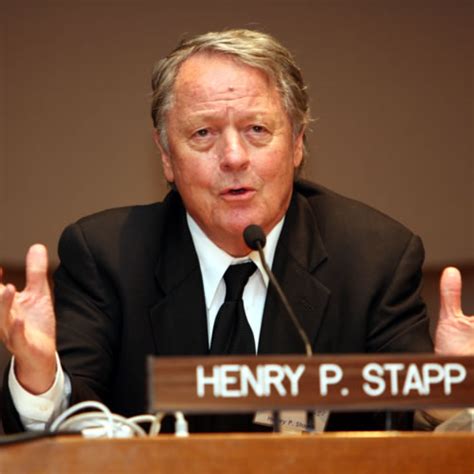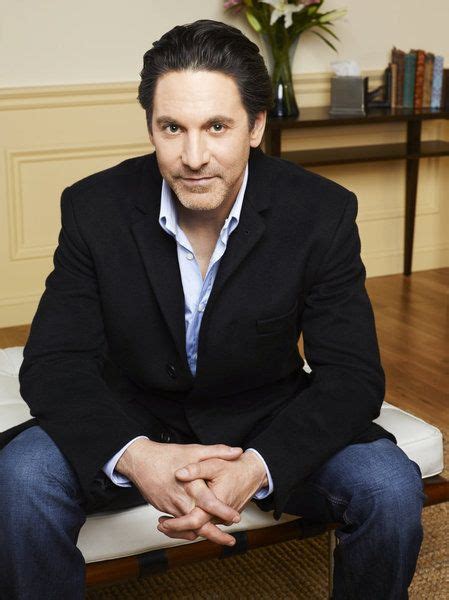A Quote by Michaela Coel
It strikes me as odd that we've made journeys with our social conditioning in certain areas, but not in others. The world is always changing; discoveries in technology and science relentlessly expose our dearest values as fictions.
Related Quotes
It is not our affluence, or our plumbing, or our clogged freeways that grip the imagination of others. Rather, it is the values upon which our system is built. These values imply our adherence not only to liberty and individual freedom, but also to international peace, law and order, and constructive social purpose. When we depart from these values, we do so at our peril.
It's a common perception that science and religion are mutually exclusive. But there are many scientists who would consider themselves to be spiritual people. Not only that, but in the case of climate change - a scientific issue with strong moral implications and difficult decisions to be made - it's essential to connect the science to our values. And for many of us, our values come from our faith.
Our beliefs about ourselves in relation to the world around us are the roots of our values, and our values determine not only our immediate actions, but also, over the course of time, the form of our society. Our beliefs are increasingly determined by science. Hence it is at least conceivable that what science has been telling us for three hundred years about man and his place in nature could be playing by now an important role in our lives.
For all the advances in technology, science and communications, there are signs that we are failing in areas where it matters most: our personal relationships and society in general. The atomisation of society evidenced by the startling increase in recent decades of single person households and the identification of loneliness and isolation as one of our most pressing new social problems, should give us cause for concern.
Embedded in every technology there is a powerful idea, sometimes two or three powerful ideas. Like language itself, a technology predisposes us to favor and value certain perspectives and accomplishments and to subordinate others. Every technology has a philosophy, which is given expression in how the technology makes people use their minds, in how it codifies the world, in which of our senses it amplifies, in which of our emotional and intellectual tendencies it disregards.
A new world is not made simply by trying to forget the old. A new world is made with a new spirit, with new values. Our world may have begun that way, but today it is caricature. Our world is a world of things. What we dread most, in the face of the impending debacle, is that we shall be obliged to give up our gewgaws, our gadgets, all the little comforts that have made us so uncomfortable. We are not peaceful souls; we are smug, timid, queasy and quaky.
The difficulty in today's world is our technology and science has outrun our theological advances. The reason for that is in technology and science, we have had the courage to ask the single question that theology has been afraid to ask: "Is it possible that there's something I don't know about this, the knowing of which would change everything?"
I would not hesitate to say I was addicted to the Internet in the first two years. It can be addictive, and things not taken in moderation have negative effects. But the alarmism around 'Facebook is changing our brains' strikes me as a kind of historical trick. Because we now know from brain science that everything changes our brains.

































